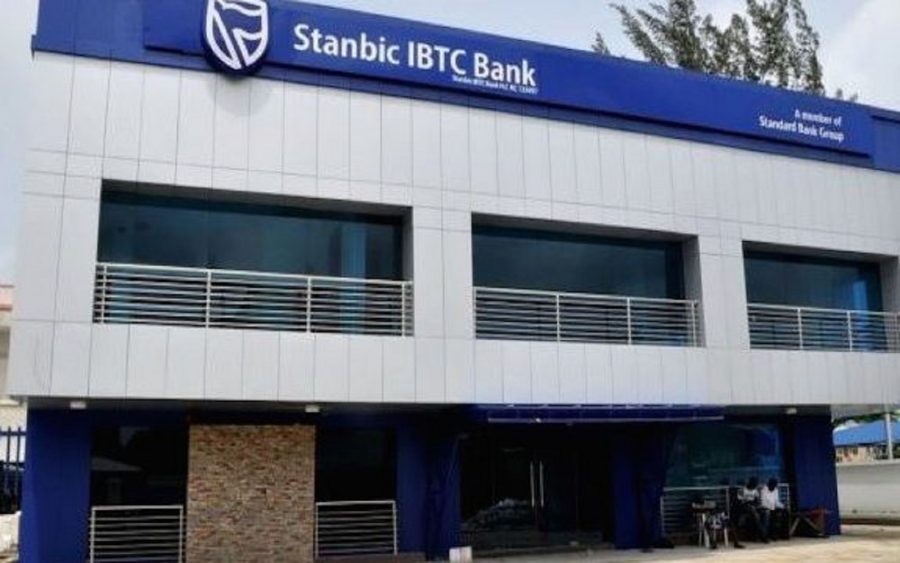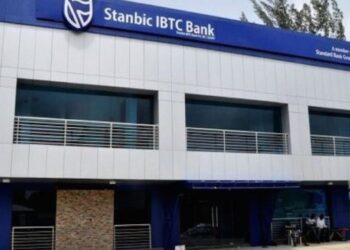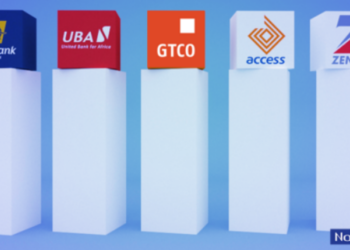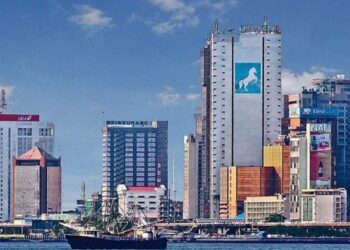Earnings Growth Moderates Amidst Regulatory Changes: Stanbic IBTC grew its revenue by 2.27% to NGN58.69bn, supported by the 5.47% growth in interest income while non-interest income remained relatively flat at N27.00 billion. This is due to the expected effect of regulatory changes on asset management fees.
Interest expenses increased mildly by 2.62% to N10.95 billion due to increased deposit liabilities and borrowings amid the improvement in the banks CASA mix. The group’s annualized cost of funds, hence, moderated to 3.78%, in line with our 2019FY expectation.
With higher credit impairment charges compared to 2018 clouding improved operating efficiency, Profit before Tax (PBT) and Profit after Tax (PAT) declined by 11.92% and 16.98% respectively to settle at N23.50 billion and N19.15 billion, with annualized return on average equity weakening to 30.50%.
Following the company’s Q1:2019 performance, we revised our projections downwards. We expect a 2019FY PAT of N80.65 billion, driven by improved operating efficiency, growth in interest income (+7.86%), and non-interest income (+8.90%).
Stronger Need for Cost Efficiency Initiatives: The need for Stanbic IBTC Group to moderate its operating expenses and improve its Cost to Income (CIR) has become paramount, considering the tempered yield environment and the regulatory changes to asset management fees. The group ended the period with an improved CIR of 53.1%, driven by the growth in net interest income which cushioned the moderation in asset management fees.
For 2019 FY, we expect cost to income ratio to settle at 48.50% as the bank maintains its stronghold on operating expenses while operating income remains strengthened by an increase in transaction volumes which should temper the effect of the review in asset management fees.
Loan Book Contraction Shrinks Balance Sheet: Stanbic recorded a 5.06% decline in total assets to N1.57 trillion, on the back of a 4.43% contraction of its loan book to N413.54 billion due to significant repayments and slower origination of new loans. The Group’s financial investments also decreased to N333.18 billion as some of the treasury bills held by the firm reached maturity. We expect this decline to temper in subsequent periods as the bank takes advantage of the relatively attractive treasury bills market, despite tempered yields.
We noted the 8.47% decline in deposit liabilities to N739.29 billion, in line with the Group’s goal of lesser dependence on expensive funds. Thus, its CASA mix improved to 65.50% from 56.80%. The bank’s Loan to deposit ratio settled higher at 55.94% as deposits tempered more markedly than loans in the period. The bank has a guidance of 10%-15% for loan growth which appears a stretch, given its first quarter performance.
Quiet Quarter for Subsidiaries: The Wealth management subsidiary of the Group was the sole subsidiary to record a growth in profit at 3.07% by the end of the first quarter, despite the expected dip in its total income following envisaged regulatory changes. Profit for the Personal and Business Banking unit reported a 20.95% decline, owing to an increase in operating expenses and lower credit write-backs.
The unit, however, recorded aN 8.59% increase in total income as its drive to increase its market share yielded desired returns. The Corporate and Investment Banking unit recorded declines in both top and bottom line respectively, owing to relatively quiet capital market activity and lower recoveries made on previously written-off loans, compared to the similar period in 2018.
Recommendation: Given our expectations for lower profit in 2019, we expect an EPS of NGN7.88 by 2019FY. With an expected PE of 6.60x, we arrived at a December 2019 target price at NGN52.01. Compared to its trading price on the 21st of May 2019, this presents an 18.07% upside potential. We, therefore, recommend a BUY.


Contact Information
Brokerage and Retail Services
topeoludimu@meristemng.com (+234 905 569 0627)
abisoyeoludipe@meristemng.com (+234 708 000 7861)























